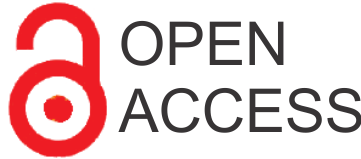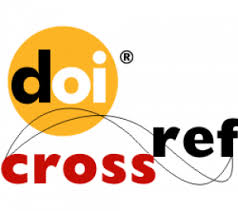E3 Journal of Business Management and Economics
E3 Journal of Business Management and Economics Vol. 3 (6) pp. 232-241, June 2012; © E3 Journals; ISSN 2141-7482
An assessment of the distribution of Petroleum products in Nigeria
Christopher Ehinomen1 * , Adepoju Adeleke11 Department of Economics and Business Studies Redeemer’s university, Redemption City, Mowe, Ogun State, Nigeria
*Corresponding Author E-mail: chris_ehinomen@yahoo.com
Accepted 4 May 2012
Abstract
Nigeria is endowed with abundant natural resources of which petroleum resources play a dominant role in the economy. These resources can be effectively harnessed and managed for the benefit of all Nigerians. Unfortunately, the distribution of petroleum products in the Nigerian economy is fraught with complex problems resulting sometimes in petroleum products outages, inflated prices of products and contentions on the pump price of products. This paper examines the various issues regarding the distribution of products and recommends that the downstream activities of the industry be completely deregulated to allow private sector and entrepreneurs’ full participation in the distribution of the products. It is hypothesized that the participation of entrepreneurs will drive effectiveness in the sector. Effectiveness will bring down cost of operations with the consequence reduction of price of products for the benefit of all the stakeholders in the industry.
Keywords: Deregulation; Prices; Private sector
[Download Article - PDF]




